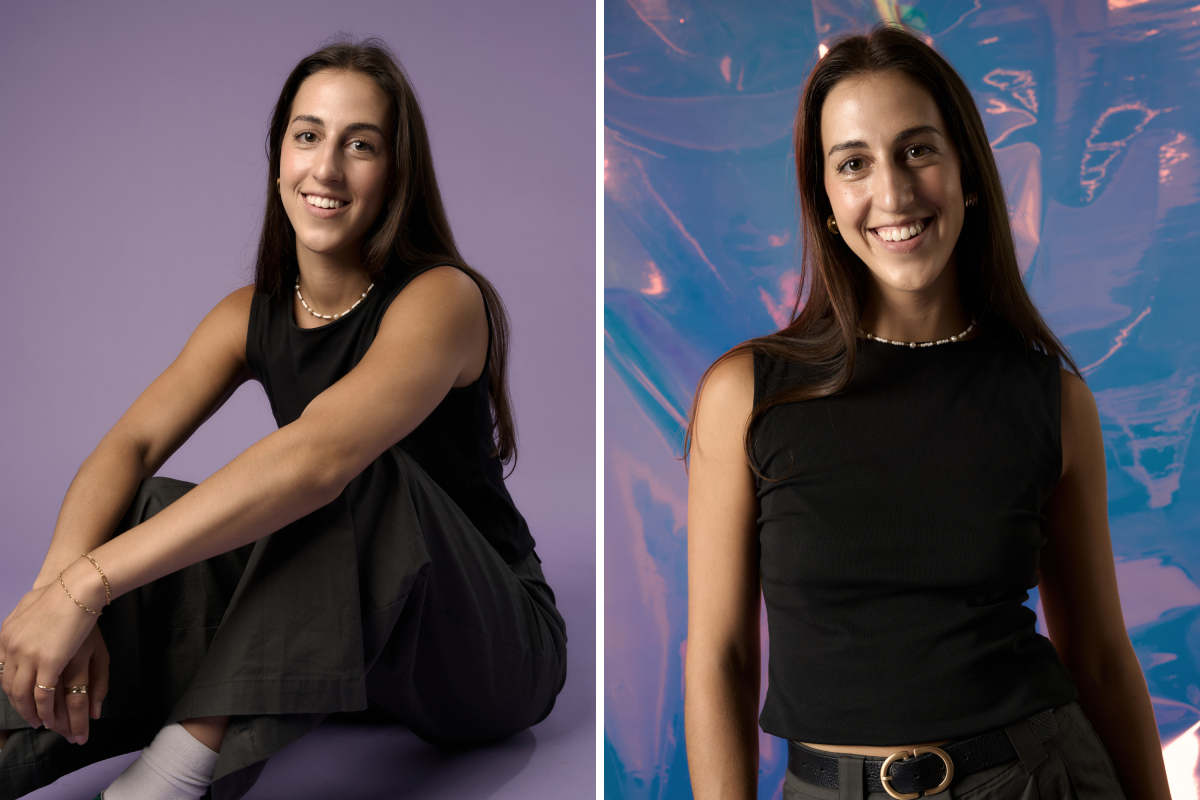Could learning about savings as a child make you rich? Or at least help you handle adult life and its financial challenges? For one woman, a super saver whose parents got her acquainted with savings accounts aged just 7 by giving her $170 a month in pocket money, the answer is yes, it certainly could.
Hannah Koumakis took to her @hannahkoumakis TikTok account on January 21 to break down how her parents introduced her to a structured system of saving, spending, and giving at a young age—and whether their efforts paid off.
Her video detailing her unconventional introduction to financial education has sparked widespread discussion, with viewers on the platform wondering whether teaching money management skills early can set the stage for lifelong monetary success.
"My parents gave me $300 pocket money per month," Koumakis, who is based in New Zealand, told viewers in the viral clip, which has garnered more than 898,000 views. $300 New Zealand dollars equated to about $170 USD at the time.
"The caveat was that I had to buy everything," Koumakis said. "If we went out to McDonald's at lunch, I had to buy it."
Koumakis, who referred to her parents' approach as both empowering and instructive, explained that the $300 came with a strict financial management plan.
Half of the money was set aside for long-term savings, while 20 percent went into short-term savings for items like a phone. An additional 10 percent was designated for charitable giving or a tithe.
The system left her, and her siblings who had to do similarly, with just 20 percent of their monthly allowance to spend freely, a restriction that Koumakis said instilled in her the "value of every dollar."
And it paid off, as Koumakis has already purchased her own home. She added: "At the age of 7, I was literally saving for my first house."
Her post struck a chord with many viewers, who praised her parents' strategy as a model for responsible financial habits.
Koumakis told Newsweek: "I always love having honest conversations with my audience and love sharing stories from my childhood. From home schooling to pocket money, people are really interested in hearing about my experiences as they are not always as traditional."
Robert R. Johnson, a professor of finance at Creighton University in Nebraska and co-author of several investment books, agreed that early financial literacy was important.

"Basic financial literacy is incredibly important because financial mistakes made early in life can change the entire trajectory of one's economic circumstances," Johnson told Newsweek.
He pointed to the impact of compound interest, quoting Albert Einstein, who described it as "the greatest mathematical discovery of all time." Johnson said that starting to understand and save money early allowed individuals to take advantage of the "magic" of compounding, where savings grow exponentially over time.
Johnson also highlighted the dangers of financial illiteracy, referencing both the 2008 financial crisis and the current student loan crisis as examples of how a lack of understanding can lead to catastrophic outcomes.
The professor, who served as deputy chief executive officer of the CFA (Chartered Financial Analyst) Program at the CFA Institute, advocates teaching financial literacy in middle and high schools and covering topics such as budgeting, debt management, and taxes.
Johnson, also a former president of the American College of Financial Services, said that investing, even in small amounts, could be an effective way to engage young people.
"Setting up a custodial account and having kids follow investments in real-time is a terrific way to build early savings and investment habits," Johnson said.
He suggested that parents could help their children select stocks from companies they recognize, like Disney, and use these investments to teach valuable lessons about money.
For Koumakis, her parents' unconventional system set her up for life. By learning to prioritize saving and long-term planning from such a young age, she has by her own admission developed a mindset that values financial responsibility and saving pennies.
"The surest way to build true long-term wealth and achieve financial security is to invest in the stock market," Johnson added. "Starting early is the key to successfully building wealth because of the effect of compound interest. The sooner someone learns that, the better."
Do you have a monetary dilemma? Let us know via life@newsweek.com. We can ask experts for advice, and your story could be featured on Newsweek.
Is This Article Trustworthy?
Is This Article Trustworthy?
Newsweek is committed to journalism that is factual and fair
We value your input and encourage you to rate this article.
Newsweek is committed to journalism that is factual and fair
We value your input and encourage you to rate this article.
About the writer
Melissa Fleur Afshar is a Newsweek reporter based in London, United Kingdom.
Her current focus is on trending life stories and ... Read more



